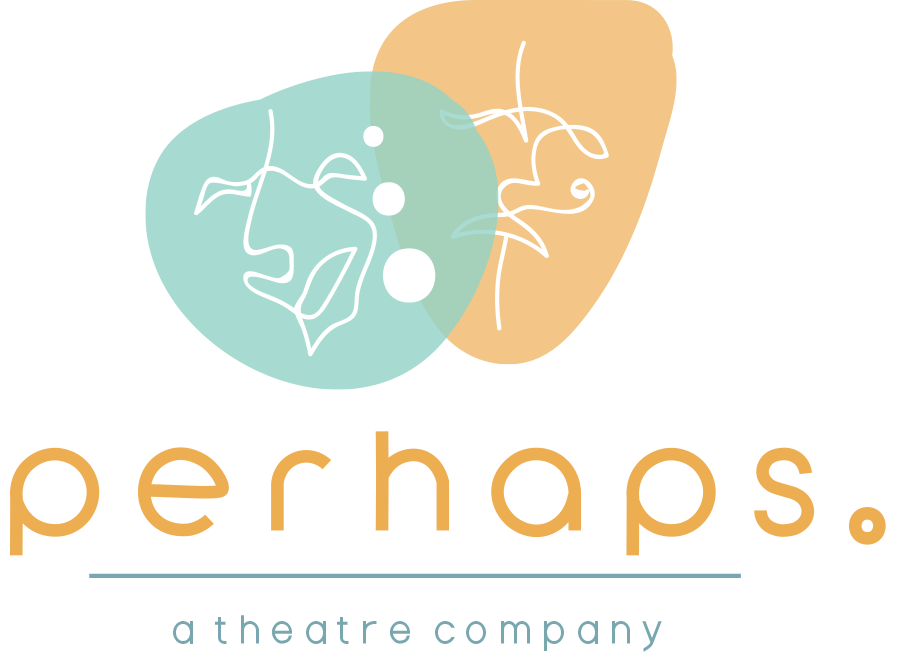artist interviews
sam nerida
twenty seven, they/them
what is your art form?
live performance, both programming and creating.
what do you do and why do you do it?
i write and direct plays, i perform if the right gig comes along, i dramaturg the work of others, i build and run sector development programs, i produce shows, i do a lot of work in arts education / creative learning, and also a fair amount of work in arts x disability spaces.
who/what has inspired you in your artistic practice and why?
anything and everything. my peers, my teachers. absurdism, activism, visual art, nature, existentialism, Paul Thomas Anderson, my teachers, my peers, my hobbies... i think i am most interested in art and performance that draws from and examines things outside of itsself, so the more things you involve yourself with that aren't about artmaking or art process, the richer your artmaking and art processes become.
what do you think your role is as an artist? has anything stopped you from fulfilling this role?
huge question! i think i see my role as a facilitator of experience, which stretches across both my administrative practice and artistic practice. i have a strong social justice mind, so i tend to want to make sure that whatever i'm doing is working towards some sort of greater good, from at least some angle (oblique or direct). my work in these areas has maybe been one of the things most key in stopping me fulfilling my role as an artist - the more i've learnt about how many people's voices have been kept away from the table, the less i've felt the desire to add my voice to the crowd. i do still want to make art but more often than not i find myself working in a faciltating role as a teacher, dramaturg, producer, etc to help other people realise their ideas, because i can usually draw a clearer line between that and a greater good than i can with my own work.
that said, there are works i want to make, and works i will make. the other thing is time - i often find myself going where the stability and the money is, and that's rarely where the art is.
what have been the biggest challenges in your artistic journey?
covid, of course, lately. financial stability, also, of course, but that's a universal experience really. self belief, and bravery too. making work and putting it into the world is scary! and often really soaked in ego. and i tend not to want to draw too much attention to myself, which is at odds with working in the performing arts. i think also working in such a collaborative artform and having such an obsession with collaborative practice means that you often need more time and resources to make things happen than when working in a solo capacity. i can write on my own, but it only feels particularly charged when i know that what i'm writing will at some point be in a room with other people for feedback and development and provocation.
do you believe that good art comes from turmoil and suffering, or is that a romantic notion?
i think it's a super problematic notion! i think art as a manifestation of human suffering is occasionally important, and has inspired some great artworks. but, it doesn't help us know how to be better to other people. it doesn't help us dream of what a future looks like that is different to the one that has caused this suffering. and i think the idea of art being born out of suffering romanticises traumatic experience, and almost turns trauma into a currency with which you get to make your solo show, caues 'finally you have a story dramatic enough to be cared about.' i have a lot of really intense feelings on this matter, but the short answer is no, good art comes from rigour, curiosity, bravery, compassion, and craft, in various quantities.
how do you feel your age impacts your experience as an artist?
i think i was braver when i was younger. the more i've learnt about the world the more paralysed i've felt - 'everyone has already done everything and they've done it better than me'. i also still feel very very young, perhaps because i've often been the youngest person in a lot of the rooms i've been in, but that is sometimes at odds with the truth of the fact that i am getting older, often acting as a mentor or teacher, and so that's sometimes a factor.
what about your gender/race/sexuality/disability etc.?
i think being queer has had a significant impact on the art i make... but i don't tend to like art that is ABOUT being 'x' or being 'y' - i find those artworks to be a bit limiting. to only examine identity through one lens discounts the ways that our vast pool of experience comes together to form a person. it's hard to articulate exactly the impact that my concoction of identity labels has had on me, but i know that i bring mysel quite fully to everything i work on, so my gender/race/sexuality/etc come with me at all times.
when it comes to art, what would you tell your younger self?
ignore what school taught you, art isn't about getting an A. everything is a research project and a learning opportunity. approach it as such - approach it with curiosity, not competitiveness.
